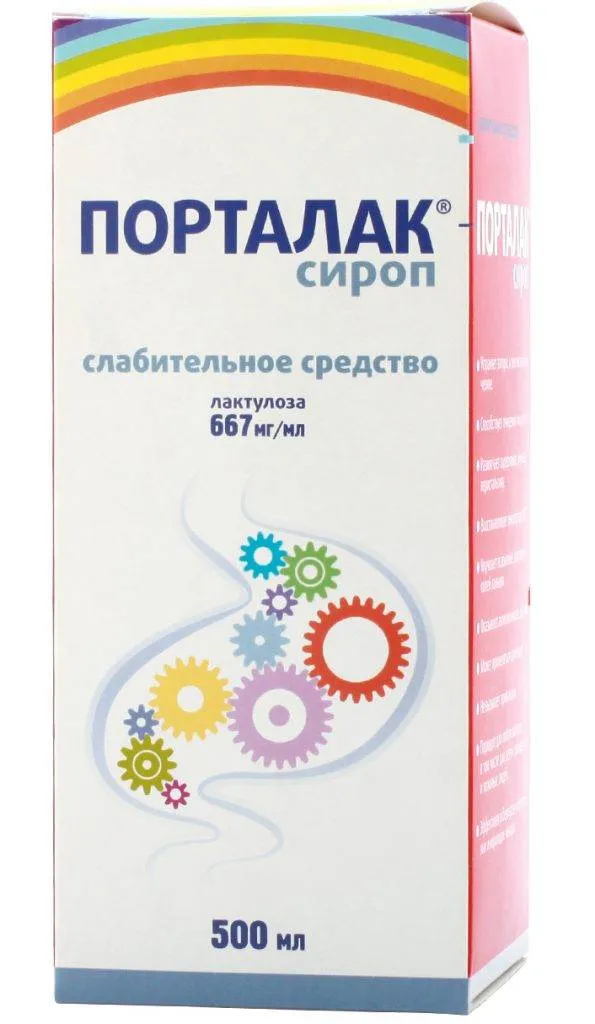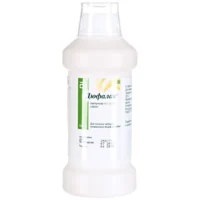Description
Portalak (Lactulose) Syrup 667 mg/ml – 500 ml
Ingredients
- Active ingredient: Lactulose 667 mg/ml
Dosage
- Dosage: The usual adult dose is 15-30 ml daily, adjusted according to individual response
Indications
- Indications: Portalak syrup is indicated for the treatment of constipation and hepatic encephalopathy
Contraindications
- Contraindications: Do not use in patients with galactosemia or a history of intestinal obstruction
Directions
- Directions: Take orally. Can be taken with water, juice, or milk. It may take 1-2 days to show effect
Scientific Evidence
- Lactulose, the active ingredient in Portalak syrup, works by drawing water into the colon, softening the stool and increasing bowel movements
- Studies have shown that lactulose is effective in treating chronic constipation and hepatic encephalopathy
- Research published in the “Journal of Gastroenterology and Hepatology” demonstrated the efficacy of lactulose in improving symptoms of hepatic encephalopathy by reducing ammonia levels in the blood
Additional Information
- Portalak syrup is well-tolerated and has minimal side effects
- It is commonly used in clinical practice due to its effectiveness in managing constipation and hepatic encephalopathy
- It is important to follow the recommended dosage and consult a healthcare provider for proper guidance on its use
Pharmacological Effects: Lactulose is a synthetic disaccharide that is not absorbed in the small intestine but is fermented in the colon by the gut microbiota. This fermentation process leads to the production of short-chain fatty acids and lactic acid, which acidify the colonic contents, promoting the growth of beneficial bacteria and softening the stool
Clinical Trials: Clinical trials have shown that lactulose is effective in improving stool frequency and consistency in patients with chronic constipation. A study published in the “American Journal of Gastroenterology” found that lactulose significantly increased the number of bowel movements per week and improved overall quality of life in constipated patients




